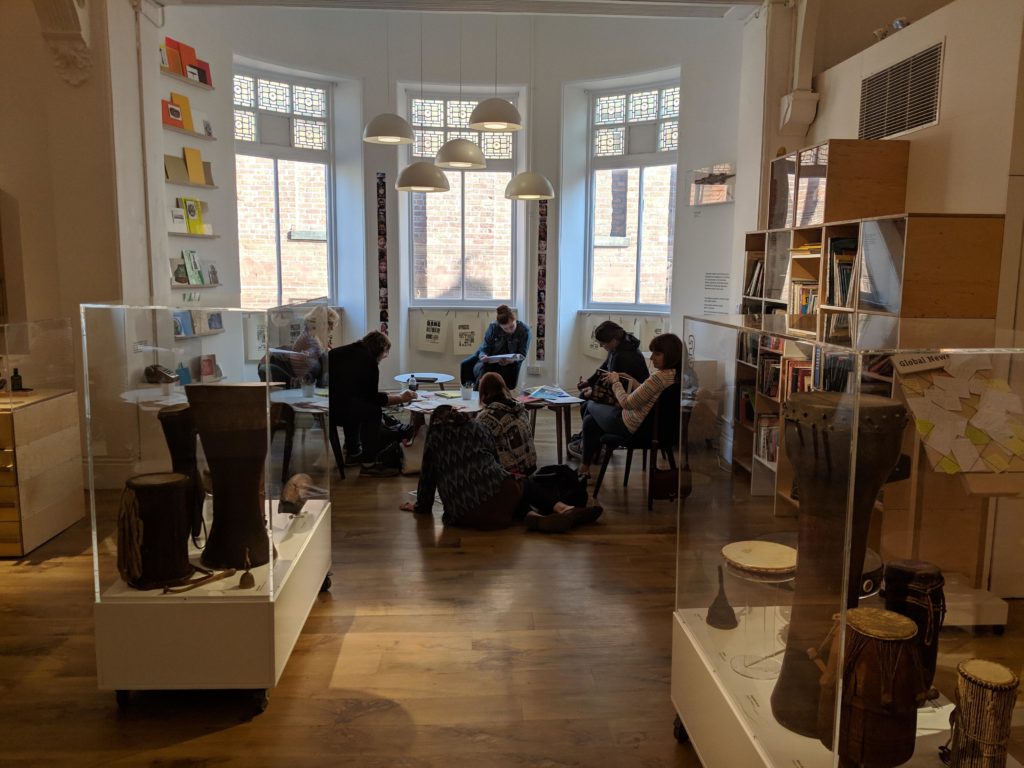
Dear Early Career Heritage Professional,
It feels a bit strange giving advice, especially as someone who now works with the sector more than in it, but as a relative outsider I hope I can give some perspective and some practical advice.
Firstly, it might seem obvious, but I would encourage you to do some research. Look at those big jobs you might want some day, Museum Director, Head Curator, Director of Engagement and look at what they are asking for in terms of skills and experience and consider how you might develop those. Promotions and pay rises can be notoriously difficult in the heritage sector, so it might be easier for your organisation to offer you mentoring or shadowing of different roles. This is useful to develop skills but also help develop an understanding of what different and more senior roles can involve, as well as build contacts.
Secondly, with the first point in mind, please don’t be afraid to leave the sector or get a job outside of the sector for a time. Increasingly, I’m seeing people with a broad range of skills and experience coming into heritage roles and being valued for this experience, so don’t feel guilty or defeated in the next step is not in the type of institution or role you dream of. Careers are cumulative, you build experience and expertise as you work and all experience is valuable and will contribute to you being the right person for the right job. The survival of the sector will rely on building on new ideas and perspectives and by exploring the world outside the sector can bring that.
Finally, as an academic, I’ll always advocate the role of study and the opportunities that presents to broaden knowledge and understanding of the sector as well as develop skills and reflect on your role in the sector. I think Masters study brings a lot of value to people changing career and wanting career development, however, studying for an MA is not available, or of interest, to everyone. Additionally, the sector is moving away from requiring Masters qualifications for various roles and I think it’s useful to those looking to further their career to consider how Higher Education can support this, for example through more targeted qualifications such as PG Certificates and Diplomas. Furthermore, Universities can support the sector in many other ways and are increasingly looking to build partnerships, research projects, support funding or develop student internships or apprenticeships.
The heritage sector can provide such rich and varied roles, finding out what these are can be half the battle, and talking to people and developing networks can be integral to help you find your way to a role that best suits you, your values and ambitions.
Best of luck and all the best,
Dr Kathleen McIlvenna
Senior Lecturer in History, University of Derby

